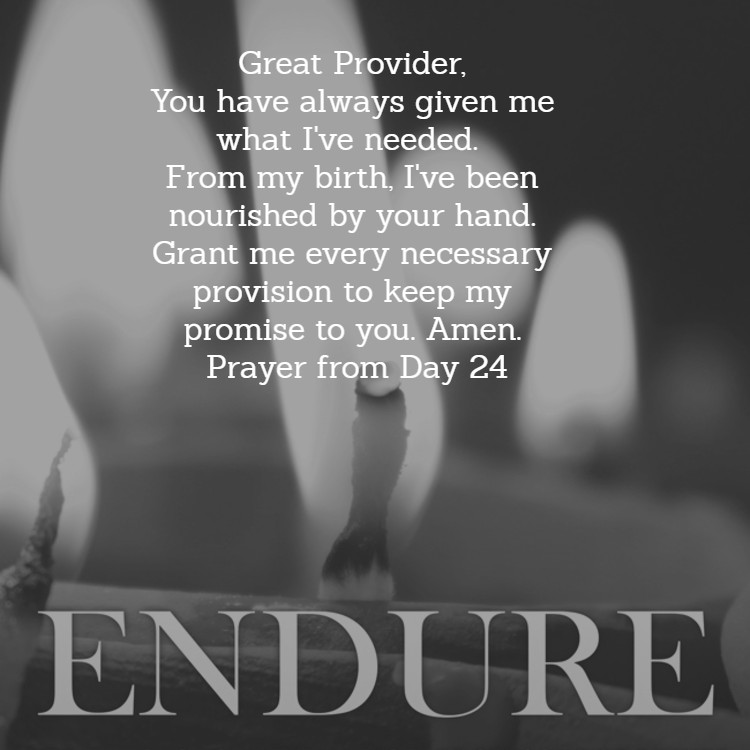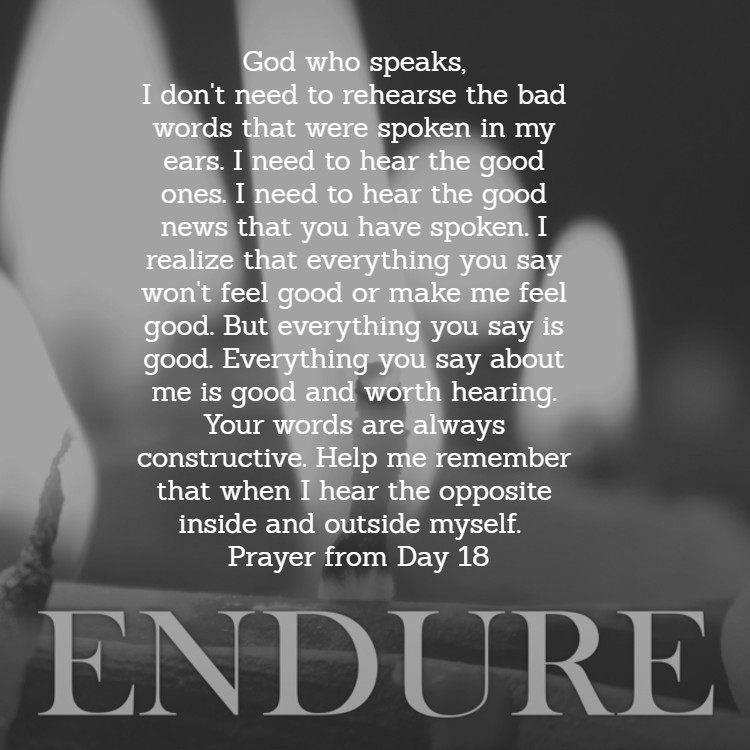Tag / Prayer

Archie Smith on Pastoral Prayer
The message that comes across is that prayer is private and limited to satisfying immediate needs or personal wants. Very seldom do such prayers include a quest for love of neighbor and care for the perceived enemy. Only rarely do such prayers include justice in community. Only infrequently do present-day personal prayers include an embracing of mystery, self-examination, facing our illusions, or an earnest search for God’s will (and not our own) to be done in our inner and social or public lives.4 It is even more rare to pray on behalf of those who scheme to entrap or have already have wronged us. Prayers that are all about “me,” self-maintenance, and personal or private fulfillment typically neglect care for the world. The private and self-focused prayer is seldom about interpersonal responsibility, social and mental illness, or practices of forgiveness and wider justice. It seldom concerns all sorts and conditions of life. A wider sense of justice would include care for the natural environment and the strength to build up the beloved community (which includes the perceived enemy). Such is part of an ancient and ongoing conversation.
From Smith, A. (2018). Thoughts Concerning the Pastoral Prayer. Pastoral Psychology, 67(1), 85-97.

And What Do You Need?
My spiritual director has what feels like go-to questions. She’s too experienced to use go-to questions. In reality, she listens to me and to the Spirit and follows those cues.
Her questions hover with where I am. What they really show are the basic questions I keep needing to return to, revisit, and re-hear. They repeat because I’m still needing to hear them.
The particular question–because there are a few that occur to me in this way which I’ve scribbled into my soul over our eight years together–is “And, Michael, what do you need?”
I can hear the questions the way I can hear my breathing. Usually after running or exercising or working hard, I hear what’s been there, unacknowledged and unnoticed. I hear my breathing. The questions are like that. The longer I’m in direction the more this happens: I find Lucy’s words coming up. She is a means of grace in that way. God speaks through her to me. And I’ve been hearing that question. Michael, what do you need?
It turns all my energy, energy I often direct toward being good for others, ministering to others, caring for others in the church, home, and hospital–all that meaningful energy comes to me in a question. It’s hard to pay that kind of attention to yourself when you serve others. Until you have to. Sometimes you don’t realize you have to until it comes up in a good question.
So, here it is for us: what do you need?
Prayer of the Week

Prayer of the Week

Prayer of the Week

Prayer of the Week

Prayer of the Week

Prayer of the Week

Prayer of the Week


Henri Nouwen on Prayer as Surrender
Prayer is often considered a weakness, a support system, which is used when we can no longer help ourselves. But this is only true when the God of our prayers is created in our own image and adapted to our own needs and concerns. When, however, prayer makes us reach out to God, not on our own but on his terms, then prayer pulls us away from self-preoccupations, encourages us to leave familiar ground, and challenges us to enter into a new world which cannot be contained within the narrow boundaries of our mind or heart. Prayer, therefore, is a great adventure because the God with whom we enter into a new relationship is greater than we are and defies all our calculations and predictions. The movement from illusion to prayer is hard to make since it leads us from false certainties to true uncertainties, from an easy support system to a risky surrender, and from the many “safe” gods to the God whose love has no limits.
From Reaching Out: The Three Movements of the Spiritual Life, 126

Prayer of the Week
How do you do it? How do you see all your children dying and still keep seeing?
I’m sure you don’t look. I’m sure you turn away, close your eyes, cover your head. I’m sure you don’t look but still see. Tell me how you do it.
Tell me how I can change my vision, how I can see farther, how I can accept a world that’s so distant from the city that I love.
Tell me how you walk down the streets where I was raised, how you see the neighborhood where I learned what manhood meant.
Tell me how you notice what I remember and how you still keep noticing where all that love still sits.
Tell me how you keep your heart soft when the images across every screen fundamentally harden my grip on my sons’ necks for fear that what I see is all there is.
Tell me how you do it.
Tell me how you stay with it, present to it, unflinching in divine love, how you posture yourself on the pavement of the undefended.
Tell me how you’re so at home on the floors of 79th and 63rd and up north where NBC-5 doesn’t report on all the same pains that happen on the west side.
Tell me how you do it. Tell me how you see this. Tell me how you do it even if you don’t look.
Tell me how to see.